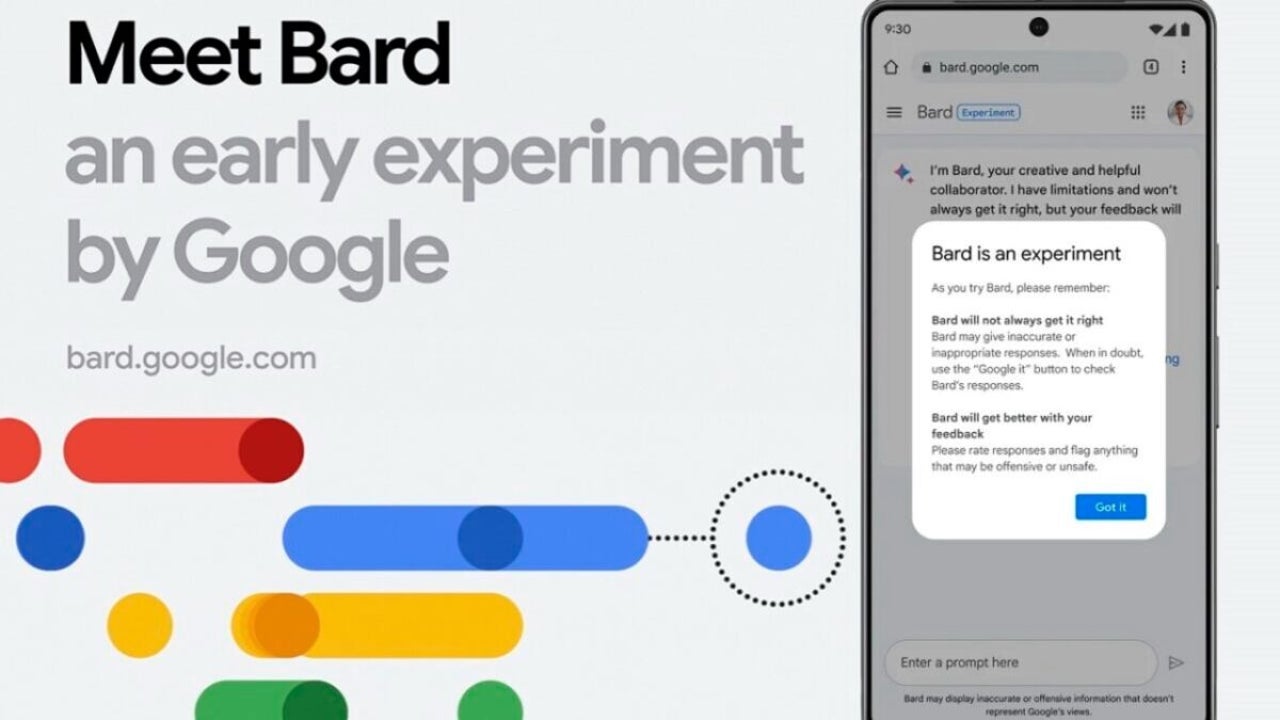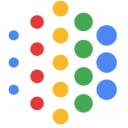News
Google I/O 2023: Bard AI plans to beat ChatGPT on its home turf
Google is going for it, it has no choice with AI...

- May 11, 2023
- Updated: July 2, 2025 at 2:14 AM

The most awaited presentation of the year within the Google ecosystem is taking place right now. The conference called Google I/O is followed by fans and developers and today they have given us a very important news regarding their artificial intelligence.
For anyone who doesn’t know what Bard, Google’s artificial intelligence, is, here’s a perfect article to bring you up to speed. But, the summary: it’s Google’s rival to OpenAi’s ChatGPT.
What’s new in Google Bard at Google I/O 2023?
Google is adding a variety of new features to its artificial intelligence chatbot Bard, including support for new languages (not yet Spanish), easier ways to export text to Google Docs and Gmail, visual search and a dark mode.
Most significantly, the company eliminates the waiting list for Bard and makes the system available in English in 180 countries and territories.
It also promises future features, such as AI-powered image generation using Adobe technology and integration with third-party web services such as Instacart and OpenTable.
Taken together, this news is a boon for Bard, which launched two months ago for selected users in the U.S. and U.K., without much success.

The chatbot, which Google continues to insist is an experiment and not a replacement for its search engine, has not kept up with rivals such as OpenAI’s ChatGPT and Microsoft’s new Bing chatbot.
Now, Google is adding a bunch of new features and upgrading Bard to use its new PaLM 2 language model. This should improve its overall responses and usability.
An artificial intelligence that develops and codes
Google says the updated Bard is especially good at addressing coding queries, including debugging and explaining code snippets in more than 20 languages, so some of today’s updates focus on this use case.
These include a new dark mode, improved code citations (which will not only provide the sources but also explain the snippets) and a new export button.
This can already be used to submit code to Google’s Colab platform, but will now also work with another browser-based IDE, Replit (starting with Python queries).
Bard wants to be visual to succeed
For more general uses, Google is making Bard more visual, with the ability to analyze images, provide images in query results, and generate visuals using AI (a feature coming “in the next few months” powered by Adobe’s Firefly software).
Visual results will appear in Bard in the same way as in some Google queries. The company gives as an example the question “What are the places to see in New Orleans?” and the system generates a list of relevant places illustrated with the kind of images you would get in a typical Google image search.
A more interesting feature is the ability to ask the system for an image. This uses Google Lens, which is able to identify objects in images. Google gives the example of sending a picture of your dogs along with the question “write a funny caption about these two”.
Google Lens identifies the breeds of the dogs and Bard writes something related to their characteristics. It’s a bit of a tricky feature to unravel, but it could have a lot of creative potential, depending on how well the system integrates.
Some of the links added in the article are part of affiliate campaigns and may represent benefits for Softonic.
Journalist specialized in technology, entertainment and video games. Writing about what I'm passionate about (gadgets, games and movies) allows me to stay sane and wake up with a smile on my face when the alarm clock goes off. PS: this is not true 100% of the time.
Latest from Chema Carvajal Sarabia
You may also like
 News
NewsThis series starring Kristen Bell and Adam Brody returns to Netflix with its second season
Read more
 News
News8,424 cryptocurrency wallets are stolen due to a cybersecurity issue
Read more
 News
NewsIf you're missing wacky humor in Borderlands 4, this modder is the reason it hasn't been there and for it to come back
Read more
 News
NewsIt’s the new French series that everyone is talking about and it will premiere very soon on Apple TV+
Read more
 News
NewsThe Yakuza saga confirms a remake of its most polarizing installment among fans
Read more
 News
NewsOne of the great classics of the 2000s video game will receive a remaster worthy of its legend
Read more
